Barricade in Kosovska Mitrovica "must be removed"
KFOR commander Erhard Drews says a barricade on the main bridge on the Ibar in Kosovska Mitrovica "is a shame which should be removed as soon as possible".
Thursday, 09.08.2012.
18:13

KOSOVSKA MITROVICA KFOR commander Erhard Drews says a barricade on the main bridge on the Ibar in Kosovska Mitrovica "is a shame which should be removed as soon as possible". The barricade was put up by Serbs from the northern part of the ethnically divided town. Barricade in Kosovska Mitrovica "must be removed" "I think that this barricade is a shame not only because it prevents the freedom of movement, but rather because it is a symbol of division of a city which is capable of and ready to exist as a unity," Drews said. The KFOR commander underlined that "the key principle of the international community is freedom of movement", and added that such a blockage in the middle of a city was "against all principles of free Europe". The local Serbs put up the road block last year when the Kosovo Albanian authorities attempted to take over two administrative line checkpoints in the north. Serbs are a majority population in this part of the province and accept neither the authority of the government in Pristina, nor the ethnic Albanian unilateral declaration of independence made in early 2008. When asked whether KFOR will remove the barricade located on the northern part of the Ibar Bridge in Kosovska Mitrovica, Drews said that it is believed that it should be removed as soon as possible. Drews said that the barricade on the main bridge in Kosovska Mitrovica bears "greatly important political symbolism", adding that "removal of firm political symbols by military means is not good". He explained that the beliefs of the people who set up "this symbol" - i.e., the barricade - "cannot be changed in the manner", adding that they had many situations in the past "when removal of political symbols by military means did not yield good results". "Therefore, one should always reason what one gets or loses by such moves," said the German general, who was meeting with Avni Kastrati, mayor of southern, ethnic Albanian part of Kosovska Mitrovica. Drews also stated that besides the daily problems which the other cities in Kosovo are faced with, such as unemployment and economic development, Kosovska Mitrovica "has more problems which are even more sensitive than those related to other cities". "We agree that ordinary citizens in Mitrovica are not the reason for such a situation. It is our joint interest to normalize the daily life of the citizens, regardless of the side of the Ibar River that they live on," Drews said after the meeting "We all have it clear that the economic development of Kosovska Mitrovica will be possible only when this conflict ends," Drews added. The barricade on the bridge is made of stones, large concrete blocks and gravel was reinforced with concrete. In the close vicinity, local Serbs take turns in keeping watch over the barricade. (file) Barricade is symbol of resistance Reacting to the statements heard from Erhard Drews on Thursday, Kosovska Mitrovica Mayor Krstimir Pantic said the barricade was a symbol of resistance offered by Serbs to the violence against them coming from Pristina. Pantic told Beta news agency that it was put up "because of unilateral and violent actions undertaken by Pristina, as a consequence of the violence that is being perpetrated against Serbs in Kosovo and Metohija for the past 13 years". The mayor added that the road block was "not meant to cause instability, but to respond to the violence Serbs had been exposed to": "It's true that the barricade on the bridge is, as the KFOR commander put it, shameful - but those who should be ashamed are KFOR and the international community, because it was in their presence that Albanians made their attempt to take control of the entire north of the province - sidestepping UN Security Council Resolution 1244 and all agreements reached between the international community and the Serbian government." Pantic added that this attempt was made by Pristina as the Kosovo negotiations were ongoing. According to the mayor, KFOR could try to remove the barricade by force - "but the citizens will not agree to any of that easily unless they receive firm guarantees that Pristina will never again attempt to use violence to establish its institutions". Beta Tanjug
Barricade in Kosovska Mitrovica "must be removed"
"I think that this barricade is a shame not only because it prevents the freedom of movement, but rather because it is a symbol of division of a city which is capable of and ready to exist as a unity," Drews said. The KFOR commander underlined that "the key principle of the international community is freedom of movement", and added that such a blockage in the middle of a city was "against all principles of free Europe".The local Serbs put up the road block last year when the Kosovo Albanian authorities attempted to take over two administrative line checkpoints in the north.
Serbs are a majority population in this part of the province and accept neither the authority of the government in Priština, nor the ethnic Albanian unilateral declaration of independence made in early 2008.
When asked whether KFOR will remove the barricade located on the northern part of the Ibar Bridge in Kosovska Mitrovica, Drews said that it is believed that it should be removed as soon as possible.
Drews said that the barricade on the main bridge in Kosovska Mitrovica bears "greatly important political symbolism", adding that "removal of firm political symbols by military means is not good".
He explained that the beliefs of the people who set up "this symbol" - i.e., the barricade - "cannot be changed in the manner", adding that they had many situations in the past "when removal of political symbols by military means did not yield good results".
"Therefore, one should always reason what one gets or loses by such moves," said the German general, who was meeting with Avni Kastrati, mayor of southern, ethnic Albanian part of Kosovska Mitrovica.
Drews also stated that besides the daily problems which the other cities in Kosovo are faced with, such as unemployment and economic development, Kosovska Mitrovica "has more problems which are even more sensitive than those related to other cities".
"We agree that ordinary citizens in Mitrovica are not the reason for such a situation. It is our joint interest to normalize the daily life of the citizens, regardless of the side of the Ibar River that they live on," Drews said after the meeting
"We all have it clear that the economic development of Kosovska Mitrovica will be possible only when this conflict ends," Drews added.
The barricade on the bridge is made of stones, large concrete blocks and gravel was reinforced with concrete. In the close vicinity, local Serbs take turns in keeping watch over the barricade.
Barricade is symbol of resistance
Reacting to the statements heard from Erhard Drews on Thursday, Kosovska Mitrovica Mayor Krstimir Pantić said the barricade was a symbol of resistance offered by Serbs to the violence against them coming from Priština. Pantić told Beta news agency that it was put up "because of unilateral and violent actions undertaken by Priština, as a consequence of the violence that is being perpetrated against Serbs in Kosovo and Metohija for the past 13 years".The mayor added that the road block was "not meant to cause instability, but to respond to the violence Serbs had been exposed to":
"It's true that the barricade on the bridge is, as the KFOR commander put it, shameful - but those who should be ashamed are KFOR and the international community, because it was in their presence that Albanians made their attempt to take control of the entire north of the province - sidestepping UN Security Council Resolution 1244 and all agreements reached between the international community and the Serbian government."
Pantić added that this attempt was made by Priština as the Kosovo negotiations were ongoing.
According to the mayor, KFOR could try to remove the barricade by force - "but the citizens will not agree to any of that easily unless they receive firm guarantees that Priština will never again attempt to use violence to establish its institutions".






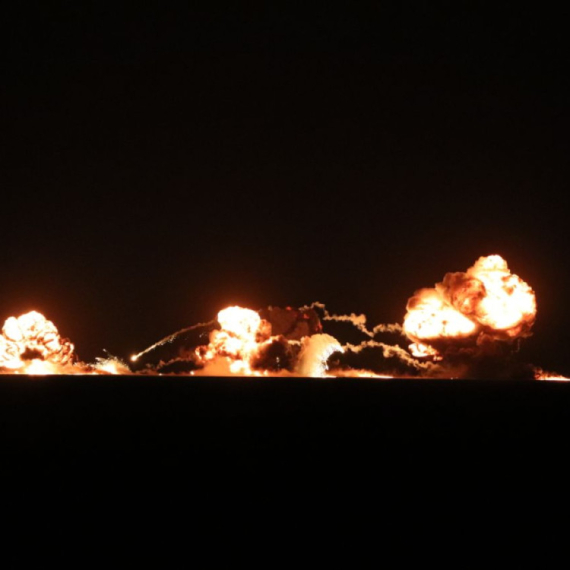



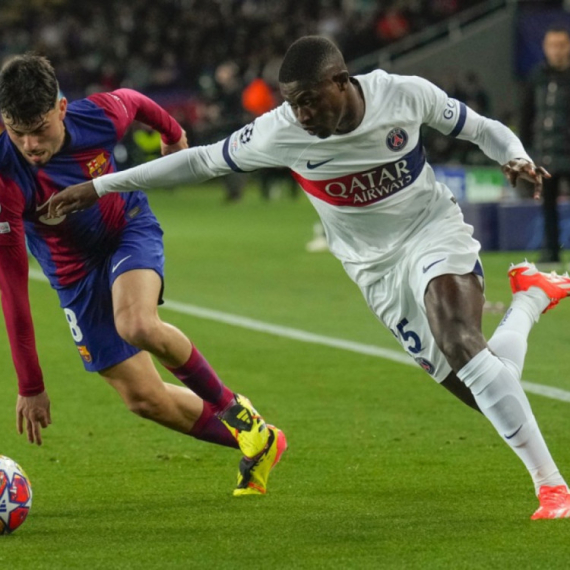

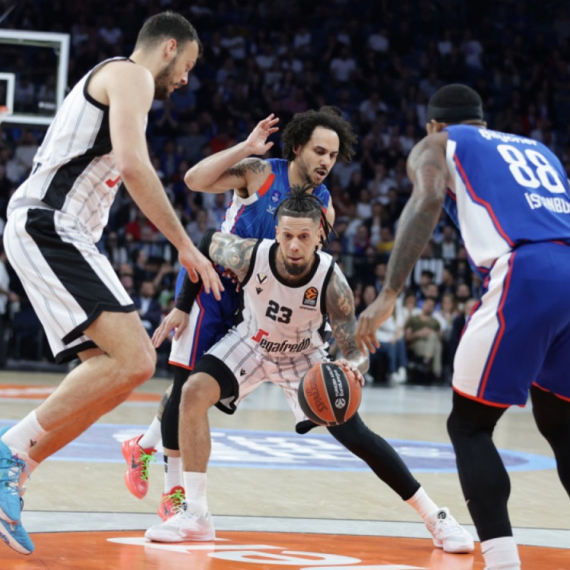
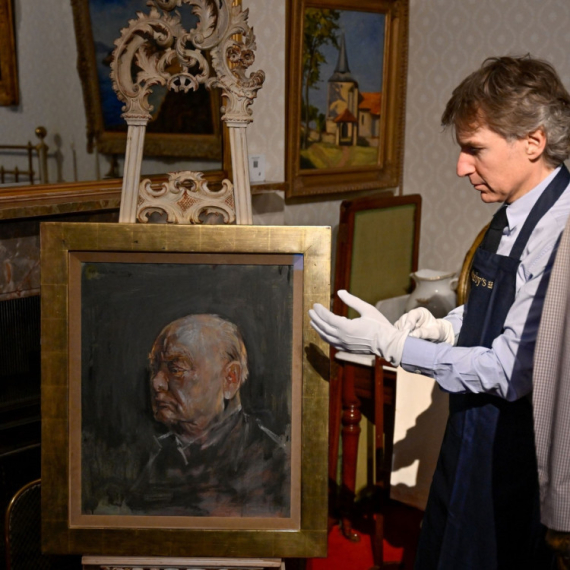
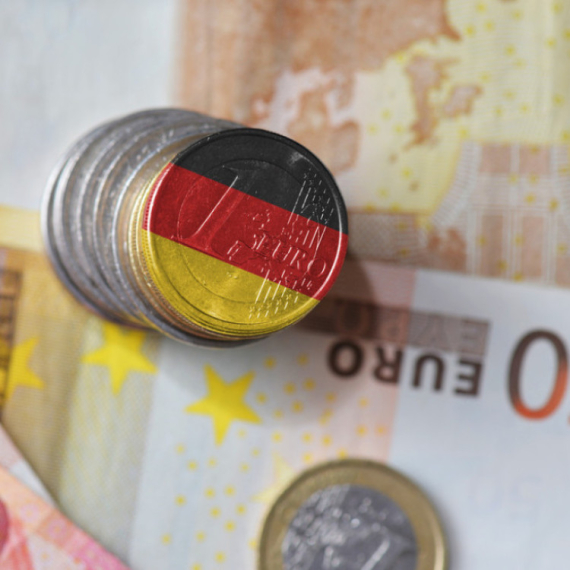
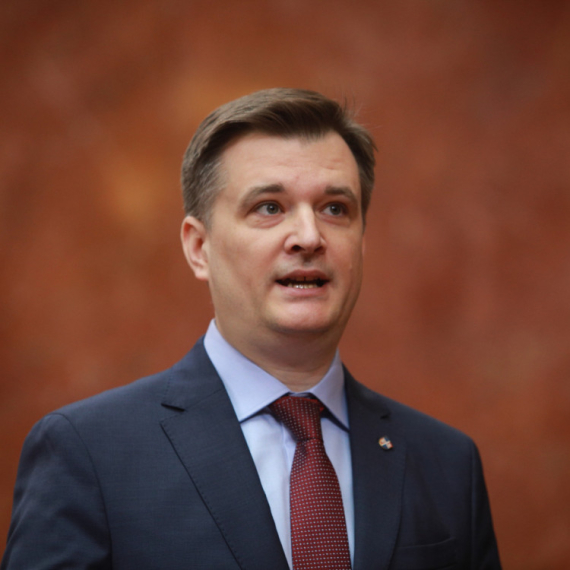
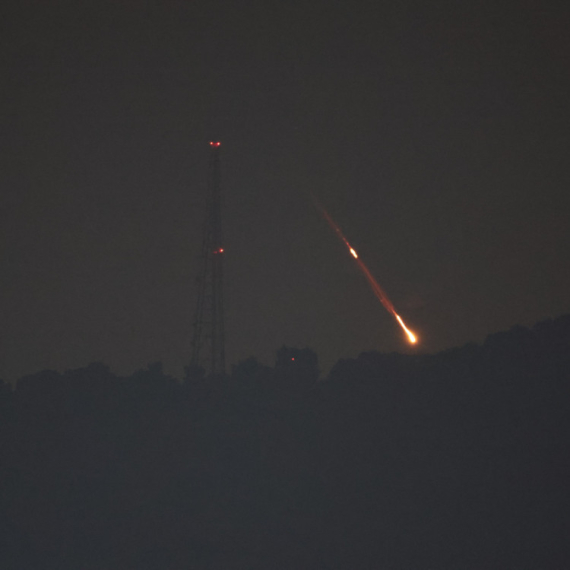
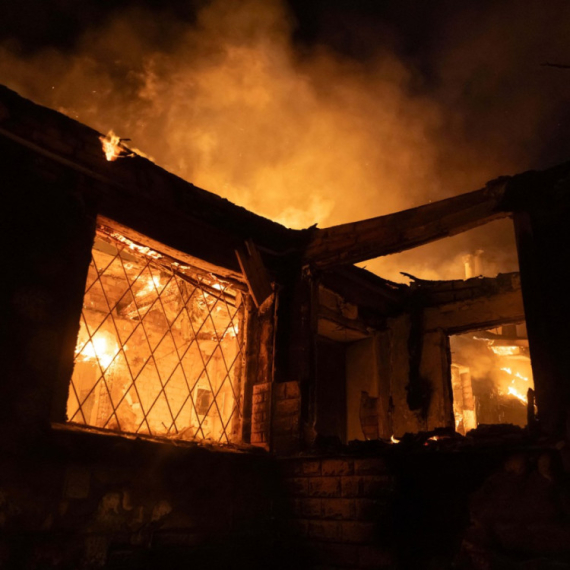
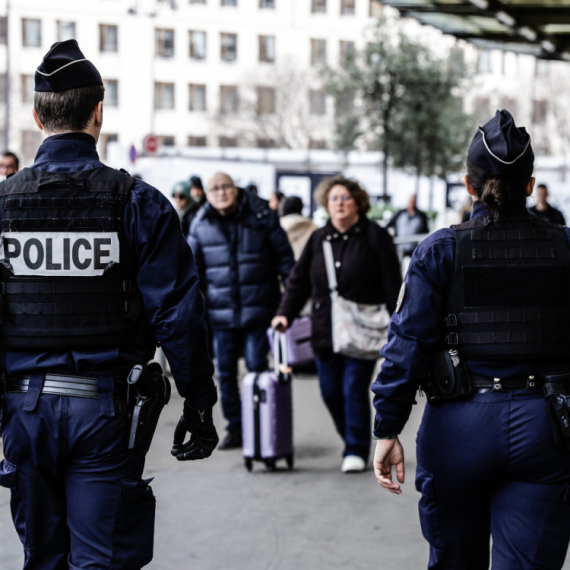


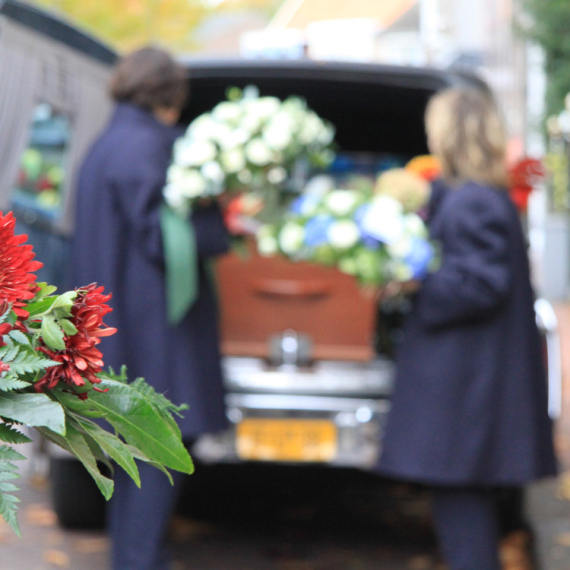



















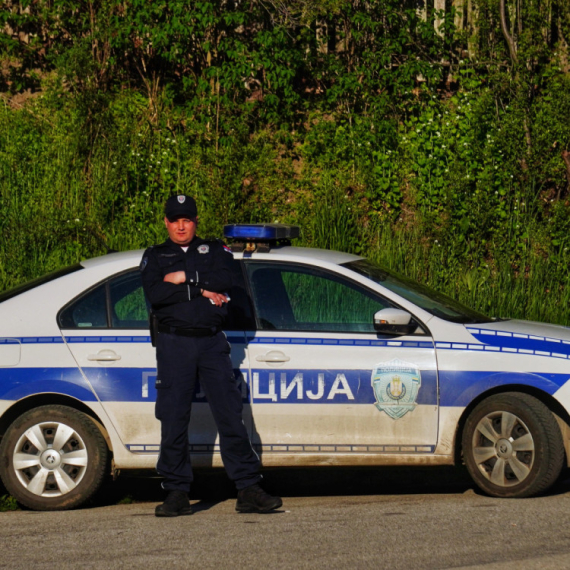





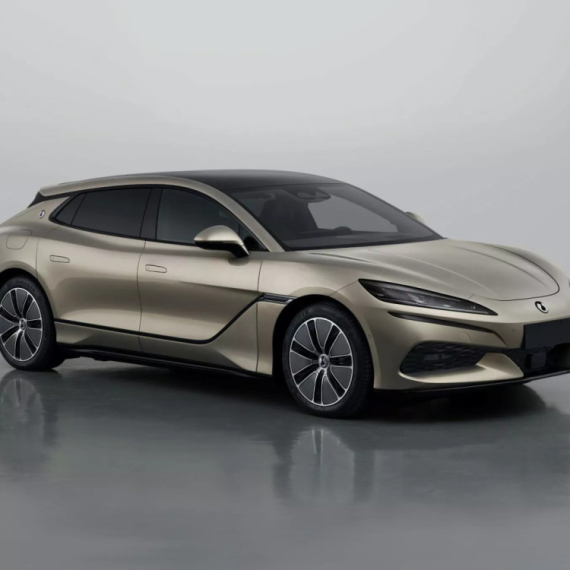
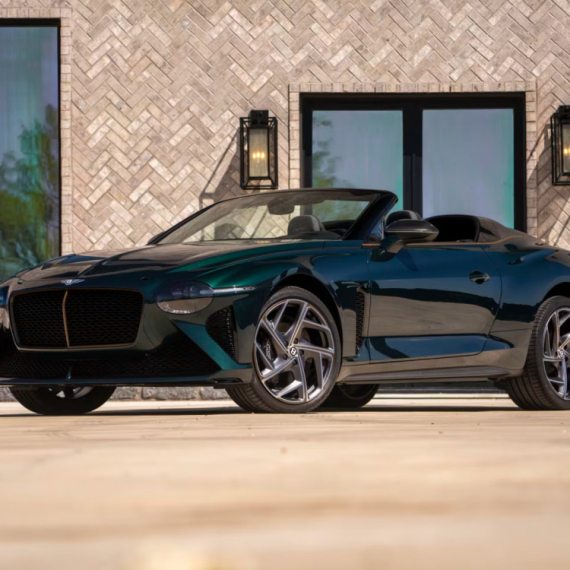
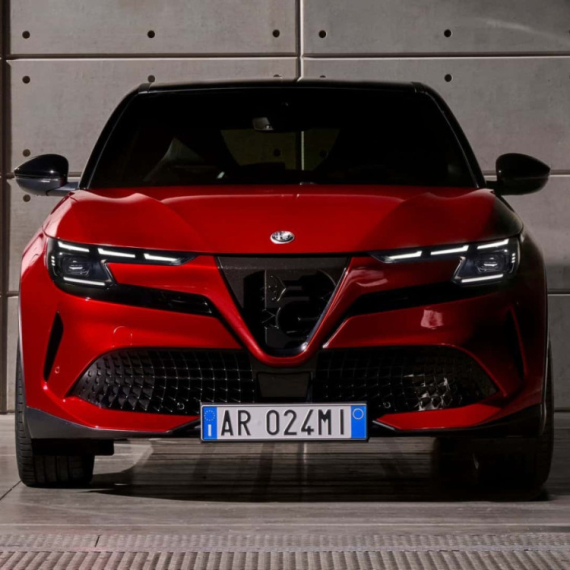

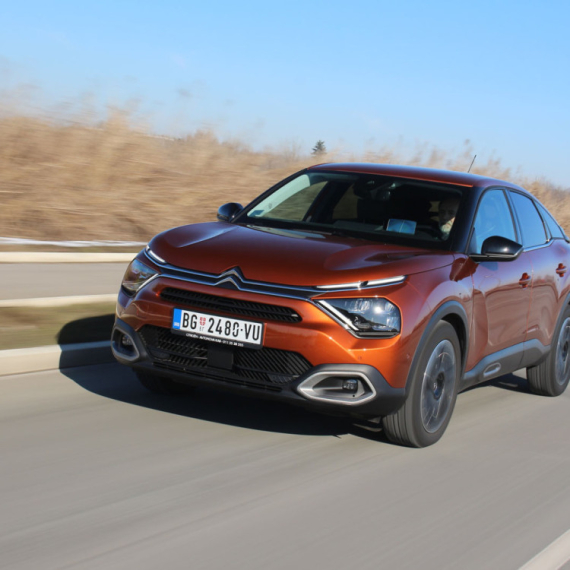
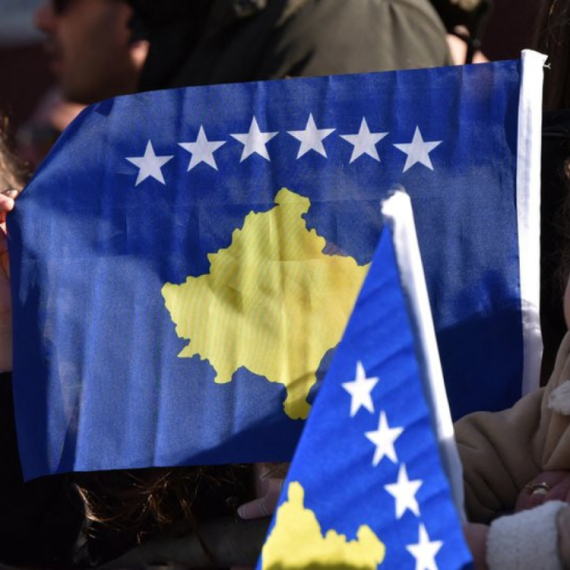





Komentari 16
Pogledaj komentare